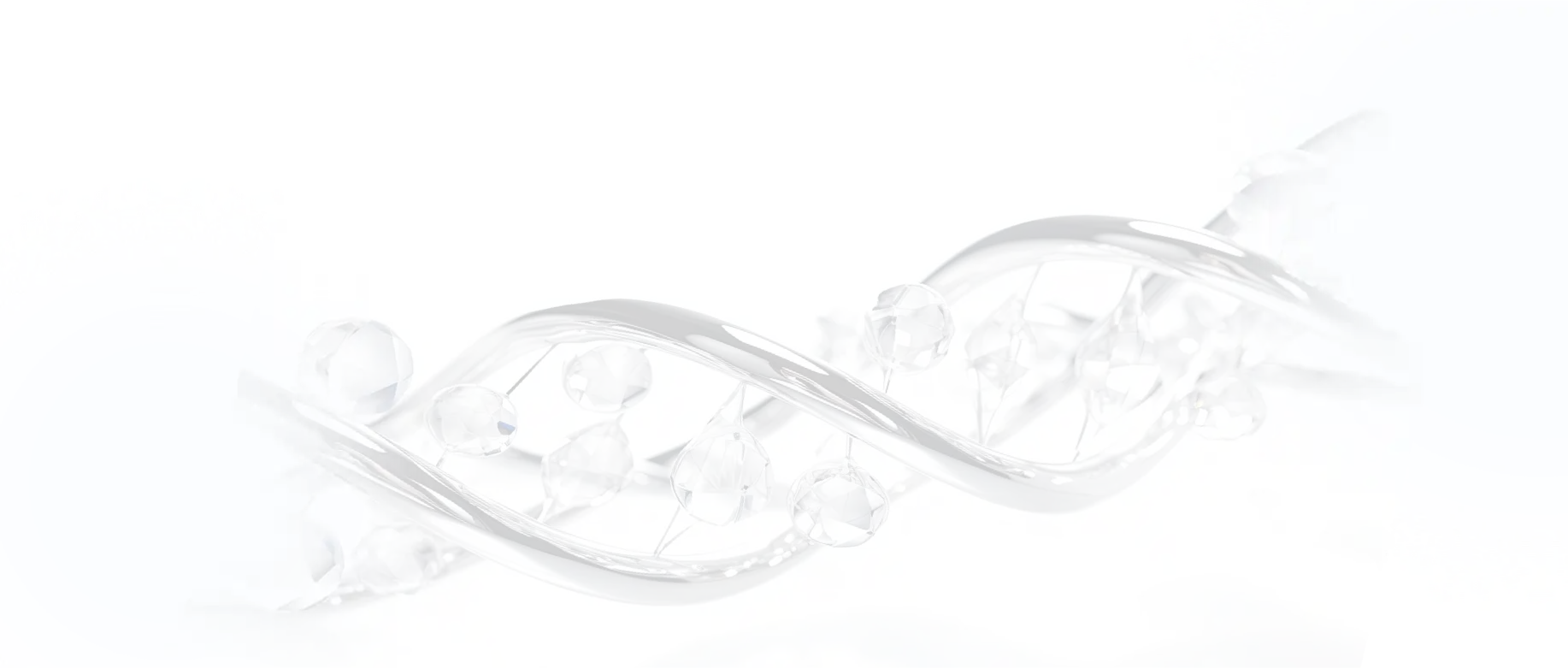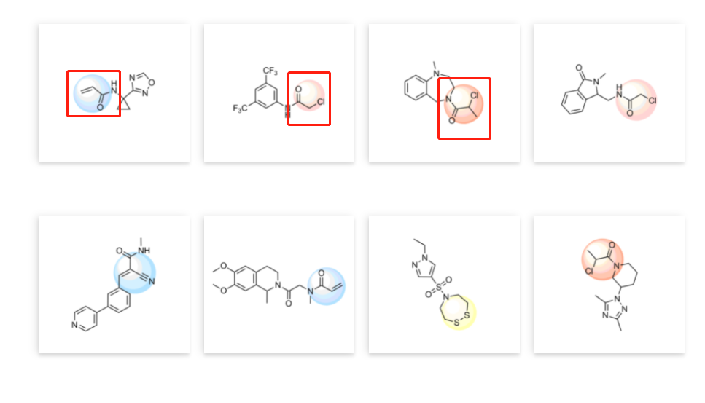 您的购物车当前为空
您的购物车当前为空
The theoretical basis of FBDD is to select favorable fragment combinations or extensions to obtain new drug molecules, with a higher probability of obtaining highly active drug candidates. Compared with the screening of millions of macromolecules, thousands of fragment molecules can be combined to form millions of drug structures, which are easier to collect and manage. In addition, fragments have smaller molecular weights, relatively higher solubility, and easier structural optimization. The potential of over-the-counter medicine is higher. In recent years, covalent chemical probes have become an important tool for drug discovery. A large number of successful applications in the evaluation of protein druggability, especially the successful application of Cys residues, bring hope for the discovery and synthesis of new covalently modified compounds. To this end, we designed a cysteine-specific covalent library. The electrophilic "warhead" of the fragments is acrylamide or chloroacetamide (25% and 75% of the library, respectively). These functional groups were chosen to construct the library because they are in the "best position" for reactivity and show selectivity in chemical proteomics screening.





 很棒
很棒


 |
|